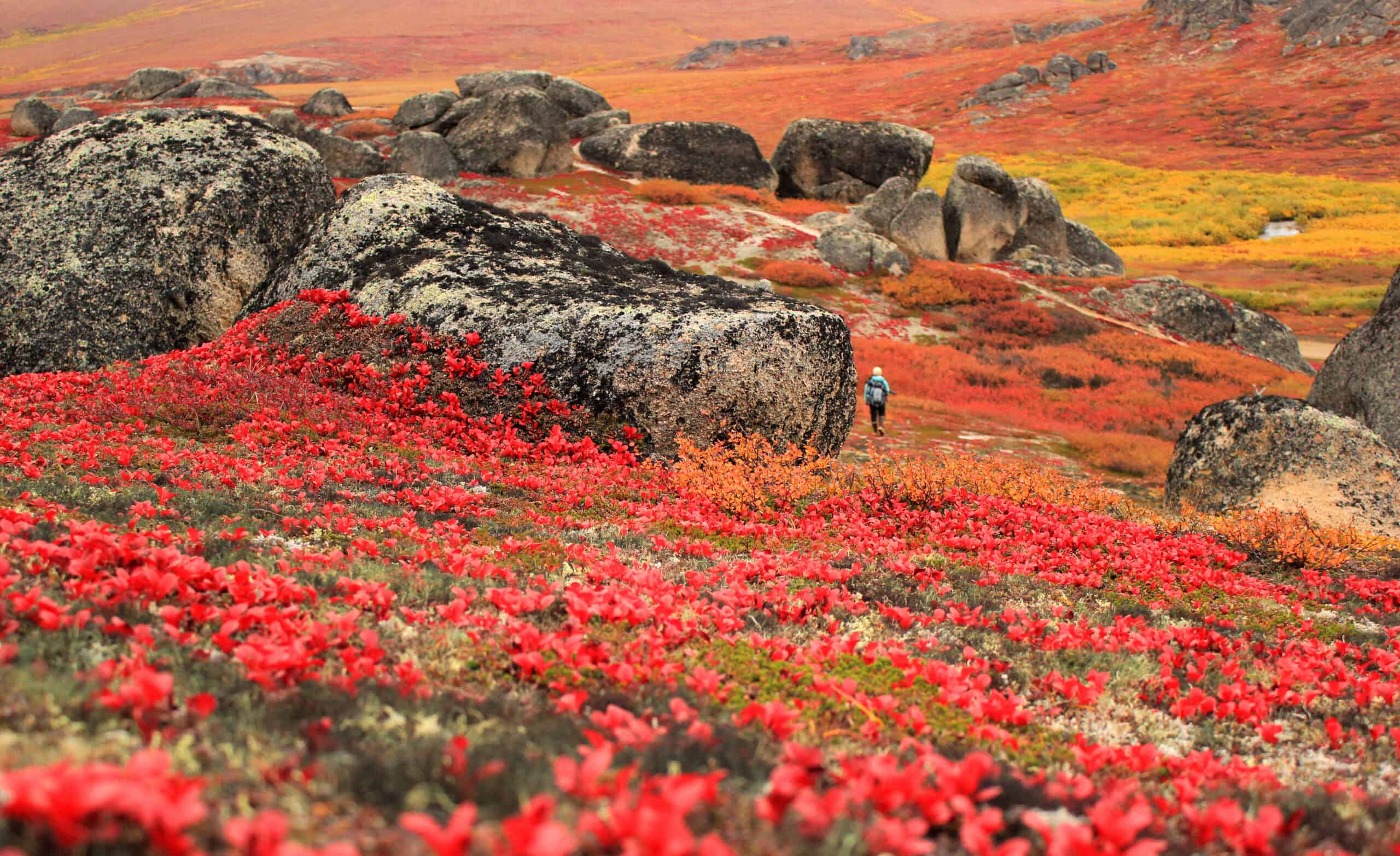Share this article
Congratulations to TWS’ Leadership Institute Class of 2023
This year’s participants represent 10 states or provinces and seven TWS sections
The Wildlife Society is excited to announce the Class of 2023 of the Leadership Institute, TWS’ flagship leadership development program.
Members of this year’s class were selected from a competitive pool of applicants. Throughout the six-month program, participants will engage in a variety of distance-learning and hands-on projects and develop a greater understanding of how to apply leadership skills in their professional careers. The Leadership Institute will culminate at TWS’ 30th Annual Conference in Louisville, Kentucky, this November.
Leadership Institute participants are selected by a committee of TWS members and staff based on factors like demonstrated leadership capability or potential, commitment to and involvement in TWS and the wildlife profession, and potential to contribute to the growth and development of the group as a whole. This year’s class represents 10 states or provinces and seven TWS sections.
Meet the Leadership Institute Class of 2023:
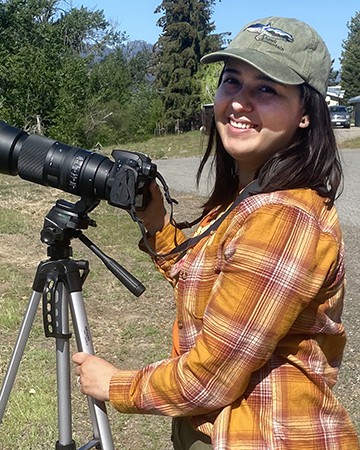
Victoria Aguilar, North Cascades Institute
Victoria is an environmental educator at the North Cascades Institute, dedicated to connecting people with nature. With a degree in biological science, she focuses on ecology and management, scientific collections and environmental education.
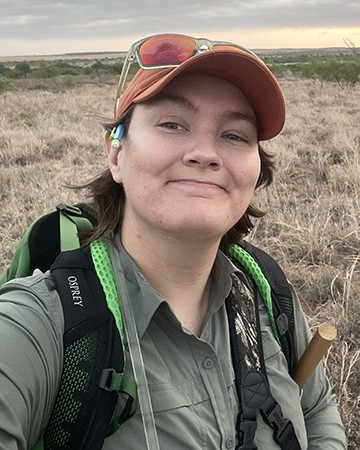
Carly Aulicky, Native Prairies Association of Texas
Carly is the North Texas Director of Outreach and Stewardship for the Native Prairies Association of Texas. In her position, she monitors and manages NPAT prairies, holds educational workshops and acts as a spokesperson for the conservation of native prairies.
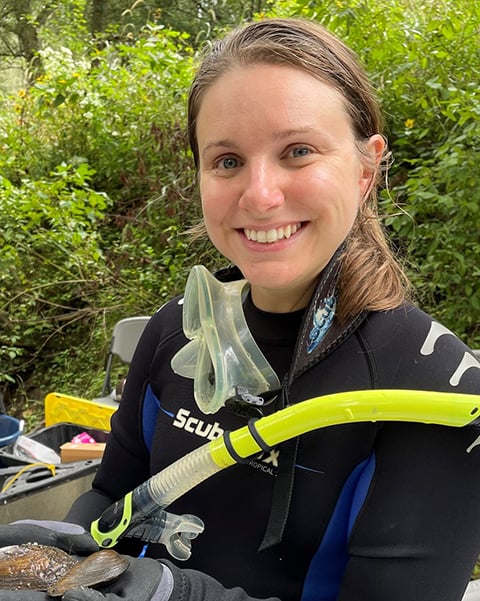
Elaine Barr, U.S. Fish and Wildlife Service, Ohio River Islands National Wildlife Refuge
Elaine is the wildlife biologist for Ohio River Islands National Wildlife Refuge, based out of Williamstown, West Virginia. In her current role, she is responsible for biological work at this unique refuge made up of 22 islands spread along 362 miles of the Ohio River.
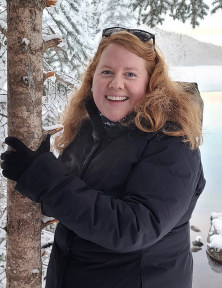
Alex Beatty, Yukon Government
Alex is the Liard Regional Biologist for the Yukon Government, based out of Watson Lake, Yukon, Canada. Alex’s primary focus is to monitor fish and wildlife species that are locally harvested, including moose, northern mountain caribou, sheep, bears, wolves and freshwater fish.
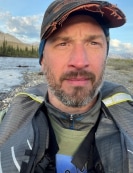
Jonathan Dudko, Brescia University
Jonathan is an assistant professor of biology at Brescia University in Owensboro, Kentucky. Jonathan primarily teaches concepts related to ecology and organismal biology, and his research is focused on the ways that humans alter the presence of wildlife communities at the wildland/urban interface.
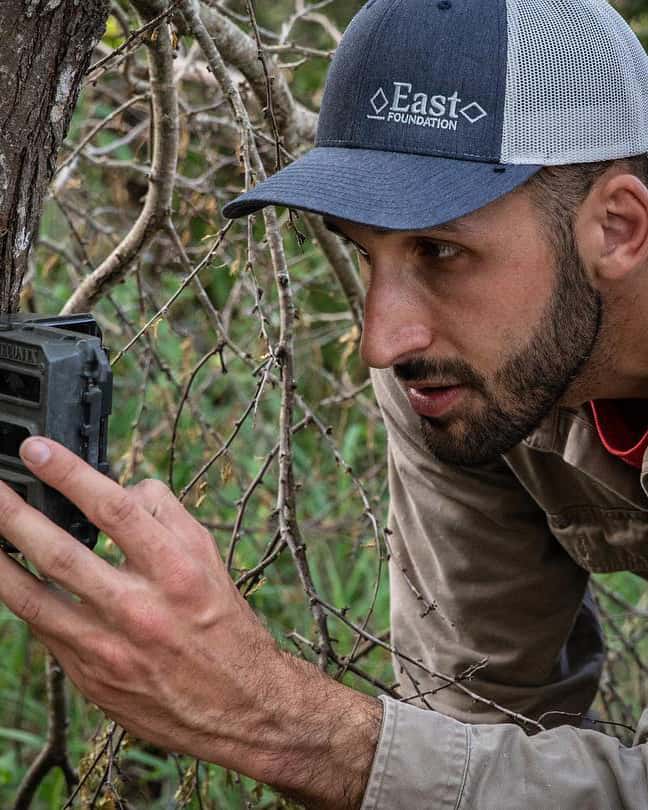
Jason Lombardi, California Department of Fish and Wildlife
Jason is the statewide large carnivore research coordinator with the wildlife health laboratory at the California Department of Fish and Wildlife. He coordinates research and conservation efforts for pumas and gray wolves throughout the state. He also serves on the International Union for Conservation of Nature’s Cat Specialist and Small Carnivore Specialist groups and is an adjunct professor at Texas A&M University-Kingsville.
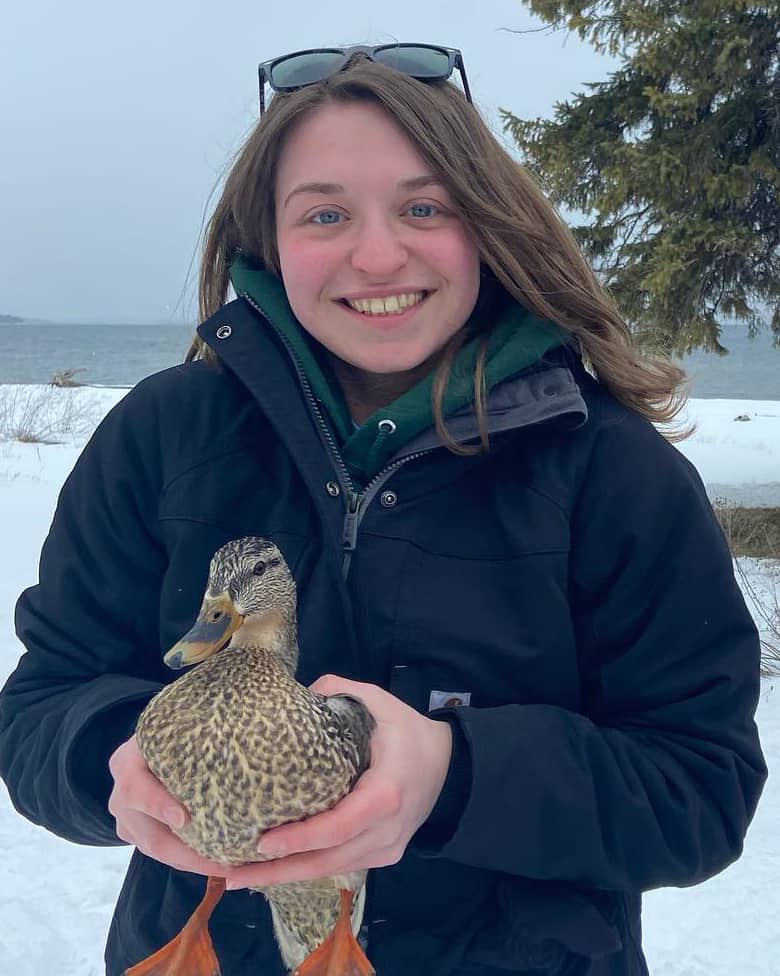
Erika Schwoyer, University of Delaware
Erika is a graduate research assistant at the University of Delaware, studying the reproductive ecology of sika deer in Maryland. She received her bachelor’s degree from Keystone College, where she majored in wildlife biology. After graduating, she held technician positions in Pennsylvania, Wyoming and New York working with white-tailed deer, mule deer and moose, among other species.
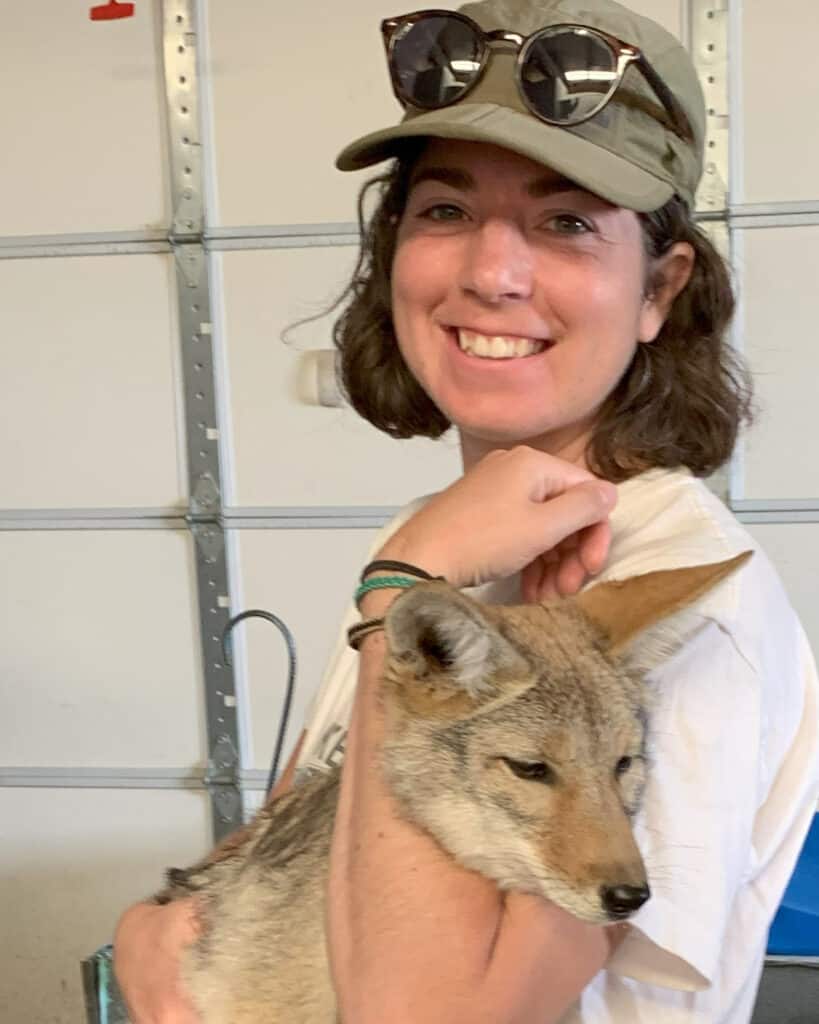
Alexandra Turano, Utah State University
Lexi is a postdoctoral research fellow at Utah State University, examining coyote reproductive behavior at the USDA National Wildlife Research Center Predator Research Facility. Her work focuses on understanding the biological basis of monogamous behavior in canids as a means of identifying novel tools for managing wild canid populations. Before entering the field of wildlife biology, Lexi earned her PhD in behavioral neuroscience from the University of Delaware.
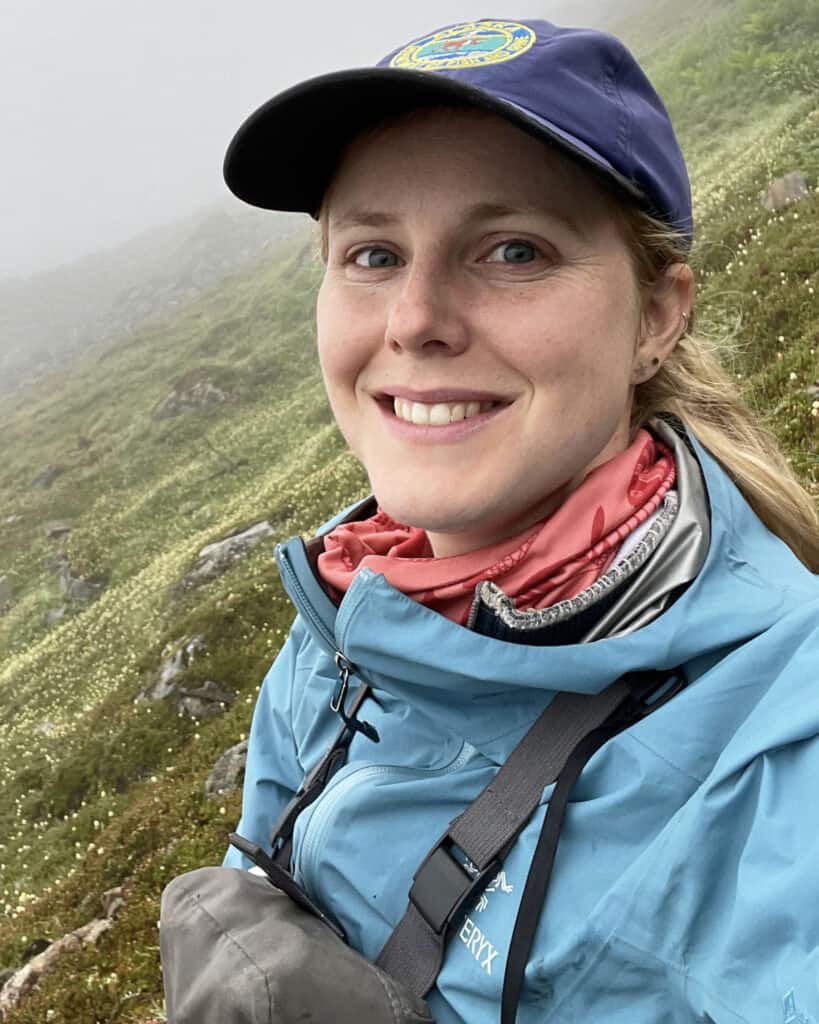
Arin Underwood, Alaska Department of Fish and Game
Arin is a wildlife biologist with the Alaska Department of Fish and Game in Anchorage, Alaska, working in the nongame section’s Threatened, Endangered and Diversity Program. Arin engages in field research with lesser yellowlegs, collared pika, and little brown bats; runs two citizen science projects on boreal waterbirds and bats; and participates in outreach and education.
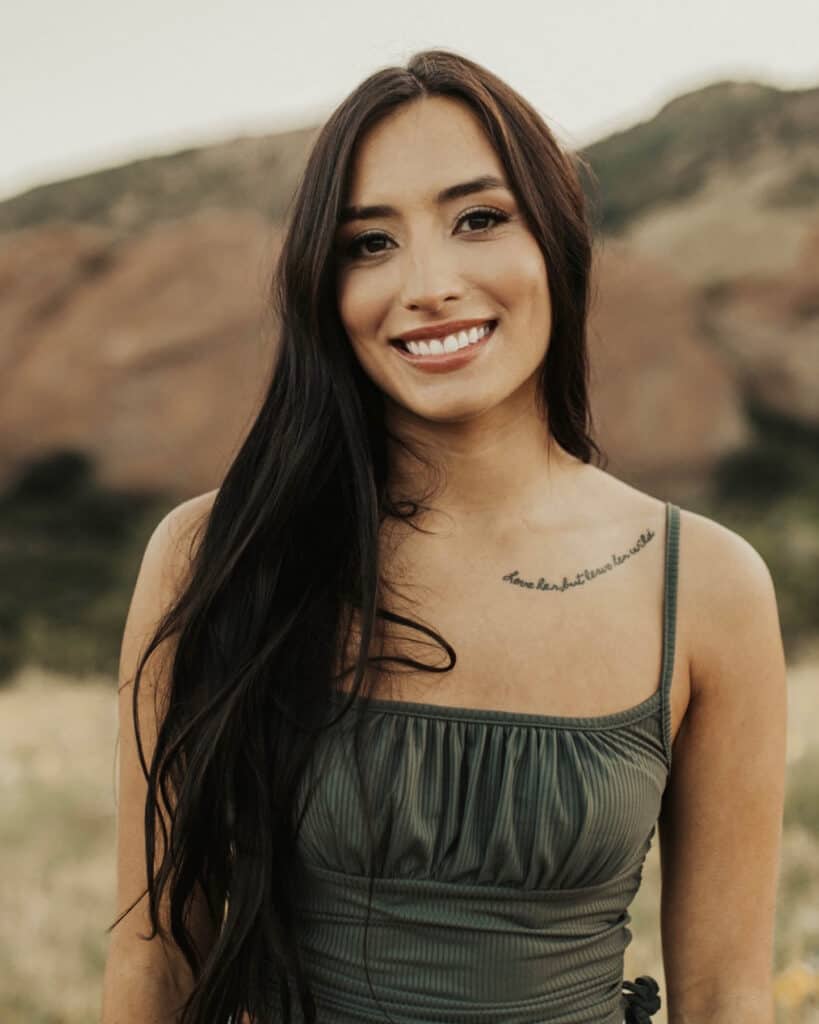
Shailyn Wiechman, Native American Fish & Wildlife Society
A citizen of the Chippewa Cree Tribe of the Rocky Boy Indian Reservation in Montana, Shailyn is the wildlife connectivity coordinator for the Native American Fish and Wildlife Society, providing support to Tribes interested in research or management issues regarding migrating wildlife. She has also worked as a wildlife technician focusing on goshawk monitoring and bighorn sheep migration management with prescribed burning, and she worked with an ecological consulting firm surveying threatened and endangered least terns and piping plovers on the North Platte River in Nebraska.
Over the course of their Leadership Institute experience, these participants will have the opportunity to learn from TWS Council and staff, take part in discussions on a variety of leadership topics and engage in mentorship activities with established TWS members, including members of TWS Heritage Committee and Leadership Institute alumni.
Congratulations to the Leadership Institute Class of 2023!
Learn more about The Wildlife Society’s Leadership Institute.
Header Image: The Leadership Institute Class of 2023 represents seven states or provinces and 10 TWS sections.



